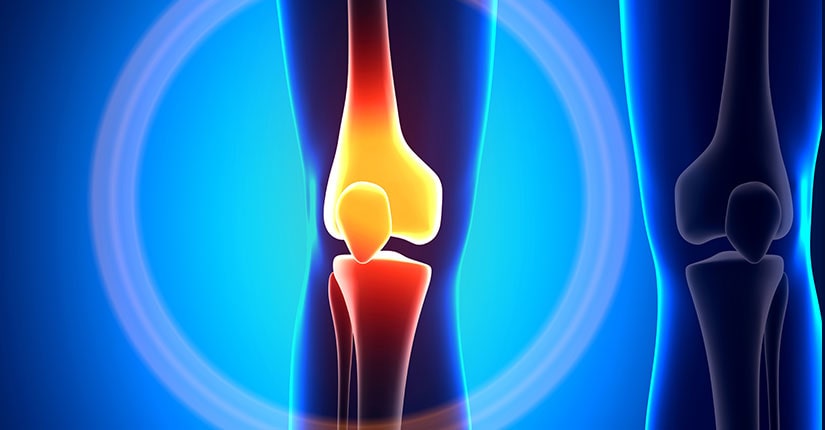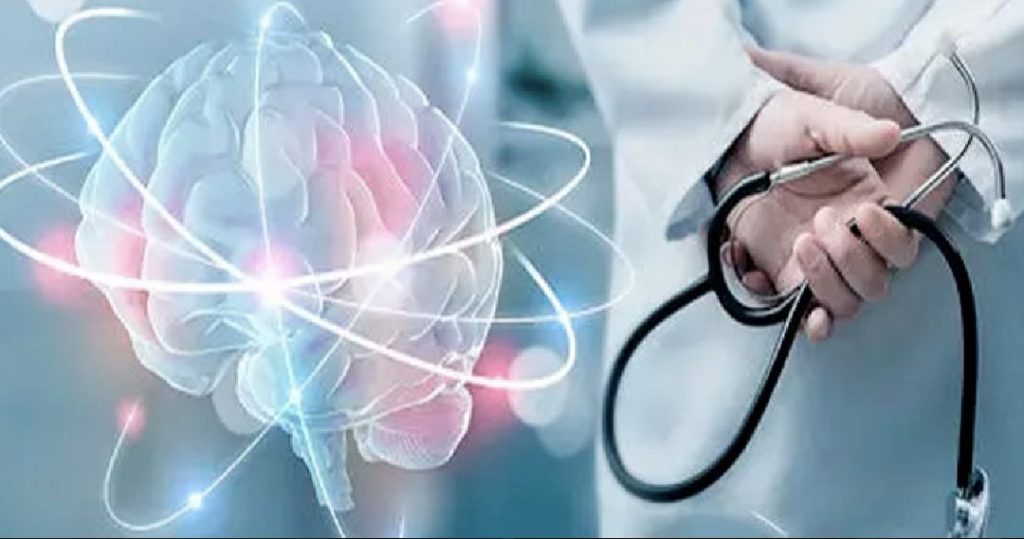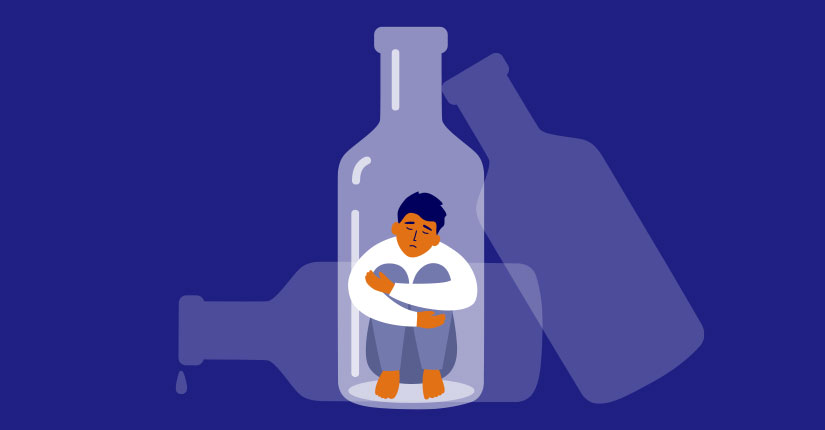Magnesium the forgotten vitamin
By: Admin Date: 19-Apr 2023 Reading Time: 4 Mins

Magnesium is a micronutrient present naturally in various food groups and is involved in more than 300 biochemical reactions in our body.
Magnesium is the fourth most abundant mineral in our body. Mg requirements vary across age, sex and physiological situations. Humans require a continuous supply of Mg from exogenous sources, i.e., dietary intake. Nuts, seeds, legumes, whole-grain cereals, leafy vegetables are well-recognized dietary sources of Mg.
Source: Research gate
With the focus more on minerals like iron, calcium, potassium etc, magnesium seems to be forgotten. Recently many research papers published have linked low magnesium intake to various metabolic diseases like diabetes and even insomnia.
- Mg and type 2 diabetes
Mg plays an important role in glucose and insulin metabolism. Various studies show an association between low levels of Magnesium with higher risk of type 2 Diabetes. A cohort study also has shown a 15% reduction in diabetes risk in individuals who had high intake of Mg.
- Mg and hypertension
Hypertension is a strong risk factor for heart disease. It is known that minerals like sodium, potassium, calcium, magnesium are all important for a normal blood pressure. Previous evidence has indicated that Mg deficiency might affect BP, thus leading to hypertension, and oral Mg supplementation may act as a mild antihypertensive agent.
-
Osteoporosis
Magnesium is important for healthy bones. People with higher intakes of magnesium have a higher bone mineral density, which is important in reducing the risk of bone fractures and osteoporosis. Getting more magnesium from foods or dietary supplements might help older women improve their bone mineral density. More research is needed to better understand whether magnesium supplements can help reduce the risk of osteoporosis or treat this condition.
- Mg and depression
Several observational studies have linked lower magnesium levels with increased depression. In magnesium deficiency, neuronal requirements for magnesium may not be met, causing neuronal damage which could manifest as depression. Magnesium treatment is hypothesized to be effective in treating major depression resulting from intraneuronal magnesium deficits.
- Mg and migraine
People who have migraine headaches sometimes have low levels of magnesium in their blood and other tissues. Several small studies found that magnesium supplements can modestly reduce the frequency of migraines. However, people should only take magnesium for this purpose under the care of a healthcare provider.
Owing to so many benefits of Magnesium in our body, we should ensure good intake of whole grains, nuts, leafy vegetables to meet the recommended dietary allowance of Magnesium.

















